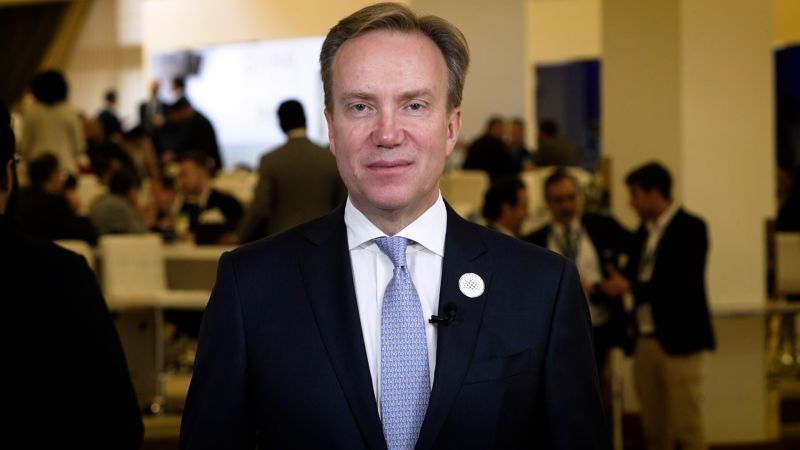As the world works to mitigate the environmental crisis, it has become increasingly clear that the costs of inaction far exceed the costs of action. This was the message from Børge Brende, President of the World Economic Forum, at the Great Energy Transition of Our Time summit in Davos, Switzerland.
According to Brende, leaving the current energy system unchanged would endanger a host of human aspirations, such as our hopes for economic growth and improved wellbeing, security among all nations, and greater access to education and healthcare. Moreover, the economic and human costs of inaction would far outweigh the costs of concerted action.
The global energy system is presently facing uniquely severe risks. From climate change to cyber-security, from water shortages to increasing dependence on fossil fuels, any effort to protect the environment and global prosperity must begin with a transformation of the existing energy system.
This will require an infusion of new capital into renewable and clean energy infrastructure, as well as the development of new technologies and business models to incentivize their adoption. In order to make this possible, Brende urged governments to develop supportive policies, ecosystem incentives, and new forms of public-private collaboration.
Equally important is an effort to remove the barriers to transitioning energy users from existing to new technologies. These could include training for workers, flexible financing options, and the development of public-private partnerships with a long-term focus on innovation and sustainability.
In his speech, Brende gave the example of Norway’s tax system, which rewards businesses that invest in clean energy projects. Such policies are necessary to create positive incentives that make decarbonization more attractive than continued reliance on fossil fuels.
Additionally, new methods should be developed to incorporate public concerns into energy transition policies, including those related to consumer impact, labor, community health, and social equity.
In the end, the cost of inaction is simply too great. The time has come for governments, businesses, and citizens to come together and embrace the great energy transition of our time. Only through collective commitment can we protect ourselves from the costs of inaction and ensure a more sustainable future for us all.

